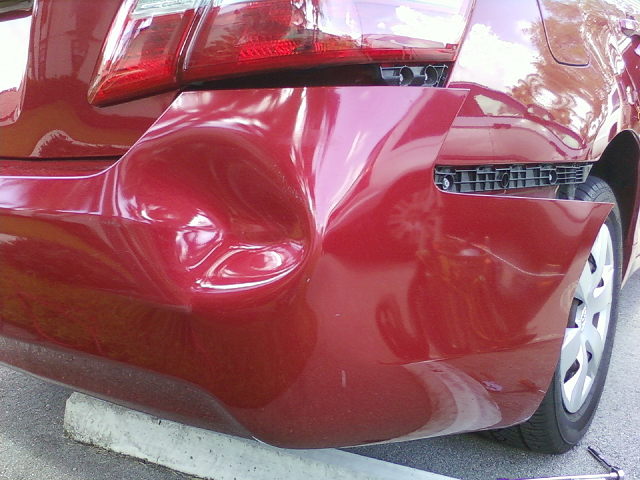If you’ve ever been a victim of a hit-and-run, you know exactly how frustrating it can be. However, if you intend to make a claim with ICBC for loss or damage, there are important legal obligations that you must first meet before you will be able to do so.
Section 24 of the Insurance (Vehicle) Act of British Columbia sets out the basic requirements that must be met, and one of the prerequisites to making a claim is to identify the parties responsible for the hit-and-run. If you are not able to do so, you must establish that you could not have done so through “reasonable efforts”.
What constitutes “reasonable efforts”? Unfortunately, that can be a debatable issue. ICBC has no duty to make its own reasonable efforts to identify an unknown motorist, so you, the innocent victim, must make sure you do so.
It may seem onerous, but one of the reasons this condition is in place is to prevent people who have suffered damage as a result of their own negligence from making false claims by inventing a “phantom driver” on whom they can blame the accident.
Sometimes the Court will excuse an innocent victim’s failure to identify the hit-and-run motorist. If a claimant has been injured, for example, and as a result fails to obtain the name of the driver and/or license plate number of the vehicle immediately after an accident, they may be excused for not identifying the parties at fault at the scene. It does, however, depend upon the facts of each case.
The Court will look at factors such as whether the claimant was sufficiently surprised, confused or injured at the scene to excuse his or her failure to identify the party at fault. If the allegation of injury is accepted as a valid reason for not obtaining the identity of the at-fault party at the scene, a claimant usually must show that they made a reasonable effort to obtain the identity as soon as possible thereafter.
Examples of “reasonable efforts” might include going back to the scene, posting signs to locate witnesses, advertising to seek witnesses or identify the motorist’s identity, and reporting the accident to ICBC and the police. Nonetheless, whether or not such things will constitute “reasonable efforts” will depend entirely upon the circumstances of each case.
But, you might ask, isn’t it ICBC’s job to warn you of your obligations after a hit and run?
Fair question. While one recent Supreme Court of British Columbia decision suggested that ICBC ought to warn innocent people injured by an unidentified motorist about their obligations, the Court also said that their failure to do so would not excuse an injured claimant’s failure to comply with these requirements.
Moreover, there are other obligations placed upon an innocent victim of a hit-and-run accident as well, including the method and timing of reporting the accident to ICBC, but these are beyond the scope of this article.
Bottom line: If you find yourself in the unfortunate situation of being the victim of a hit-and-run, it’s always prudent to seek legal advice as soon as possible to ensure that you understand your legal rights and your legal obligations.

